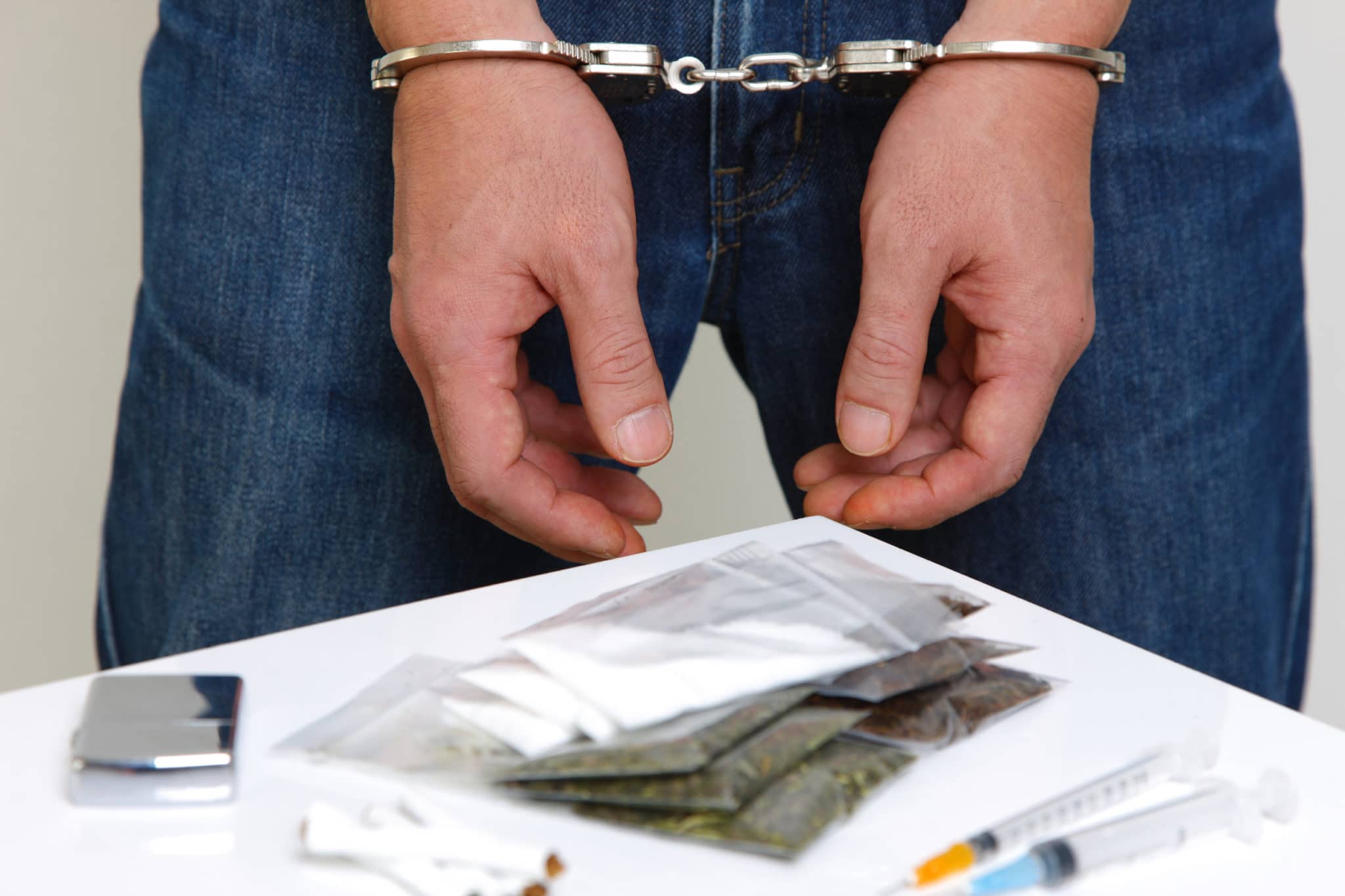Common Drug Crime Myths in Illinois
Here are some of the most enduring misconceptions about drug crimes in Illinois, as well as the truth behind them so you have a better understanding of what it means to commit a drug crime.
Myth No. 1: Drug Charges are Now Misdemeanors in Illinois
While marijuana has been legalized for both medical and recreational purposes, there are still limits to how much marijuana one can possess in our state.
Anyone over 21 in Illinois is allowed to have up to 30 grams of marijuana. However, if you are found in possession of between 30 and 100 grams, then you will be charged with a misdemeanor. Possession over 100 grams is a felony, as is the possession of other controlled substances in Illinois.
In fact, if you are found in possession of controlled substances in the state, then you are going to be charged with a felony. Controlled substances such as methamphetamines, cocaine, heroin, and hallucinogens are illegal to possess and will result in felony charges. The level of felony depends on how much of the controlled substance is in your possession.
Myth No. 2: If You Ask an Undercover Officer If They’re Police, They Cannot Lie
A lot of drug crimes are caught through police surveillance and often involve officers going undercover to bust someone for drugs. There is an idea that’s been around for a long time that if you ask a policeman working uncover if they are the police, they have to tell you the truth.
That’s simply not true.
Undercover officers are under no obligation to tell someone who asks if they are indeed working undercover. If they were, then uncover operations likely wouldn’t be that successful.
Myth No. 3: If It’s Your First Drug Offense, You Won’t Go to Jail

Many would like to believe that if you have no prior criminal history, you’ll be let off the hook for more serious penalties, but that’s not true. Illinois has mandatory minimum sentences for many crimes, including drug crimes.
And while some jurisdictions have treatment courts where you are offered drug treatment in lieu of prison, most will be prosecuted to the greatest extent they can and given a sentence the judge has no choice but to mandate.
For example, in drug crime cases involving drug trafficking, Illinois courts have mandatory minimum sentencing they must impose.
Myth No. 4: You Can Just Have a Drug Crime Expunged From Your Record Later
While there are some crimes that can be expunged, drug crimes typically are not one of them. The exception is any crime involving possession of 30 grams or less of marijuana — as long as it didn’t involve giving marijuana to a child under the age of 18 and it wasn’t a part of a conviction for a violent crime.
If you think you don’t have to worry about drug charges against you because you can simply have them taken off your record later, you need to rethink that position. That’s why hiring an experienced attorney to help you with your case is the best option. After all, if you’re found not guilty, then the charge can be expunged from your record.
Myth No. 5: If Drugs Are Found On You By Police, You’re Guilty
Many people think that if they’re busted with drugs, that’s the end of the story and the conclusion to their case has already been decided – but that’s simply not true.
An experienced attorney can help to build a robust defense on your behalf and defend you against drug charges. They’ll also ensure that your rights in the situation are upheld and that your trial is as fair to you as possible, including that specific rules have been followed by police in their investigation at every turn. One wrong move by police can help to set you free.

Bottom line? Drug crimes can be complex, and charges are confusing. That’s why it’s vital to understand at every point the charges you are facing and your rights as the accused in the situation. Of course, the first step to any of that is the ability to separate fact from fiction when it comes to drug crimes in Illinois.
About the Author:
Andrew M. Weisberg is a former felony prosecutor who now serves as a defense attorney in the greater Chicago area. He has extensive experience in handling all types of criminal cases, from sex offenses and domestic violence to retail theft-related crimes, murder, and drug crimes. His work has been recognized by Avvo, Expertise, National Trial Lawyers, and others, and he has been featured on countless news outlets for his experience and knowledge in criminal law.







 Blog Home
Blog Home 










